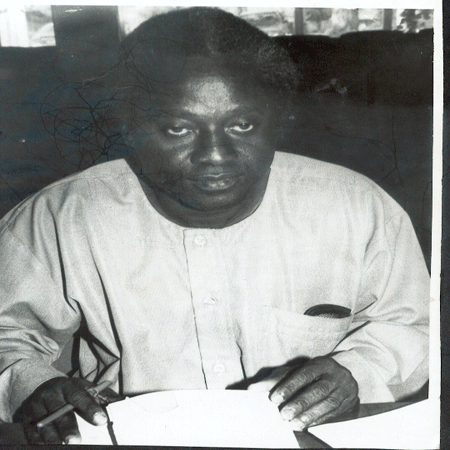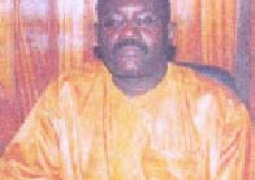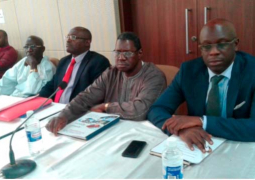
"The African continent is in a transition period where all her countries have a duty to serve as role models to each other," he said.
In an exclusive interview with our reporter yesterday,
Halifa Sallah, also a renowned sociologist, noted that this was proven and seen
in the elections in
According to Mr Sallah, the elections in
The lessons, he went on, are to have a powerful succession to politics and the need for a constitutional instrument which put an end to self-perpetuating rule.
"The just concluded Ghana elections also proved to all of us that a constitutional establishment of a term limit can provide the basis of a level ground for a multi-party political contest," Mr Sallah, who is also the Director of People's Centre for Social Science, Research, Civic Awareness and Community Initiatives asserted.
For Mr Sallah, there is a wide gap between The Gambia and
In his views, unlike Ghana where you can see a free Independent Electoral Commission that stands on its own to deliver its services to the expectation of the public without any intimidation and sacking.
"Ghana has been able to develop voter education to reach political maturity level that the state media and non-media give access to divergent views which is not the case here in The Gambia unless campaign period starts.
"It was based on these divergent views that the people of
He added, "In the Gambia, voters are still susceptible to intimidation and inducement in casting their votes and that is why Ghanian democracy is far ahead of The Gambia.
"The Ghanian people were able to replace their leaders due to mechanisms put in place. Hence any political party that governs will know that it does not have divine virtue to rule. It must adhere to the needs of the people for greater liberty and prosperity or be removed from office," Mr Sallah said.
Read Other Articles In Article (Archive)



